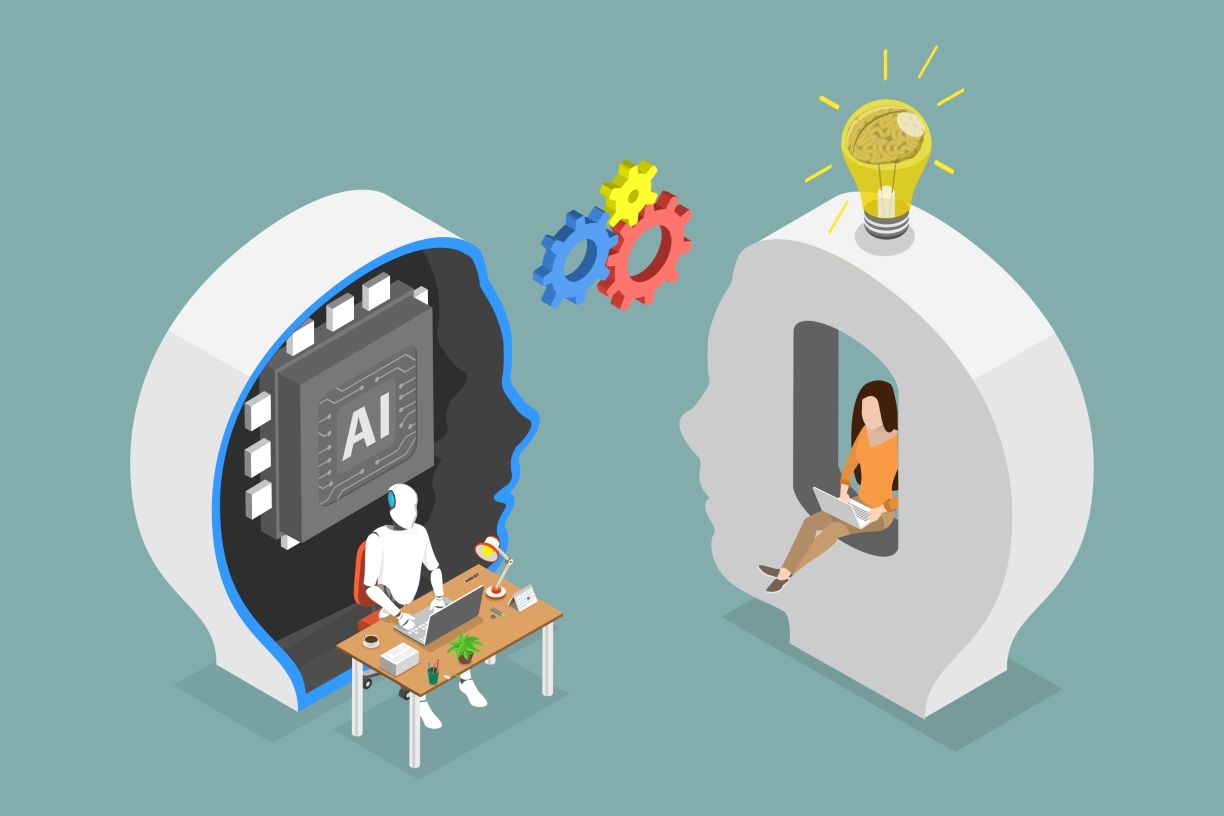Using AI in Your Job Search: Helpful or Hurtful?
In the modern job market, generative AI tools like ChatGPT are increasingly being used to aid in job searches. According to Alyssa Hammond, director of undergraduate career development at Bentley’s Pulsifer Career Development Center, AI can be a valuable resource when used correctly. However, relying solely on AI for job searching can be risky.

AI is particularly useful for condensing resumes and cover letters, matching skills to job requirements, and preparing for interviews. Nevertheless, Hammond emphasizes that AI is not a replacement for human effort. “It’s you who has to show up for the interview and, ultimately, perform on the job,” she notes.
How Companies Are Using AI in Hiring
Recent statistics from Resume Builder indicate that by the end of 2025, 68% of companies will be using AI to acquire new talent. The primary uses of AI in hiring include reviewing resumes (82%), assessing candidate evaluations (64%), and scanning social media or personal websites (42%).

Hammond shares insights from Bentley’s key employers, who reveal that while applicant tracking systems (ATS) are used for initial screenings, human recruiters make the final decisions on who to interview.
6 Ways to Effectively Use AI in Your Job Search
- Explore Jobs and Careers: AI can match your skills and interests to suitable professional roles.
- Refine Your Resume: AI helps create concise experience lists when prompted accurately.
- Create a Preliminary Cover Letter Draft: AI generates initial outlines that you can personalize.
- Improve Visibility in ATS: AI identifies key words and phrases to increase compatibility.
- Proofread Application Materials: AI helps eliminate spelling and grammar errors.
- Prepare for Interviews: AI develops potential interview questions and suggested answers.
6 Risks of Using AI for Your Job Search
- Requires Detailed Instructions: AI may need multiple prompts to produce desired results.
- Presents False or Outdated Information: AI pulls data from various internet sources, which can be unreliable.
- Lacks Creativity: AI-generated content may lack personal touch and creativity.
- Duplicates Other Candidate Applications: There’s a risk of AI-generated materials being similar to others.
- Exaggerates Skills: AI can over-embellish a candidate’s qualifications.
- Raises Privacy Concerns: AI tools may store personal data, raising privacy issues.
Hammond advises that while AI is a useful tool for generating drafts, it should never be the final product. Employers also need to be cautious of AI’s potential to produce biased recommendations. Ultimately, AI is not a replacement for human judgment and personal touch in the job search process.
“AI is technology that is doing what it is told to do; and sometimes it isn’t accurate,” Hammond cautions. “It’s important to tap into your critical thinking when you’re using AI.” She concludes, “Remember it’s your voice, your story and your skills that will ultimately get you through the door.”


